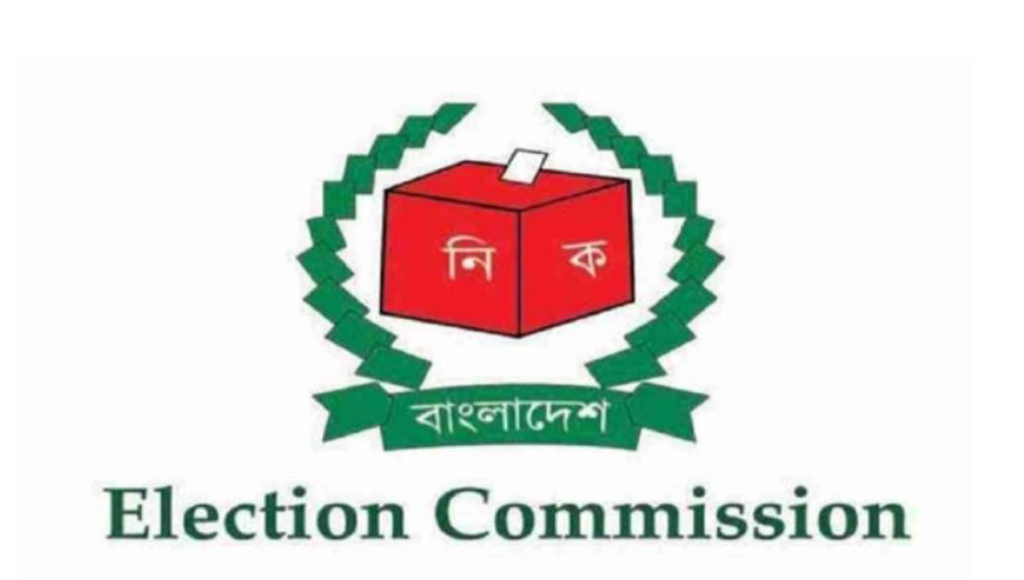A number of political parties with colorful and unconventional names have applied for registration with the Election Commission (EC) of Bangladesh. Among them are parties such as the “Bangladesh Reformist Party,” “Bangladesh Peace Party,” “Save the Country Save the People Movement,” “National Landless Party,” “Bangladesh Unemployed Society,” “Bangladesh Popular Party,” and “Voice of the People,” among others.
According to EC sources, as of Sunday, a total of 65 parties have submitted applications for registration. In addition, 46 more parties have requested an extension of the deadline to submit their applications. Most of these parties are reportedly nominal entities with little to no visible political activity.
The EC had issued a public notice on March 10 inviting new parties to apply for registration, setting the original deadline for April 20. However, due to requests from several parties, including the National Citizen Party (NCP), the commission extended the deadline. As per the new announcement, applications can now be submitted until June 22.
Currently, 50 political parties are registered with the EC. A party must be registered to contest in national parliamentary elections under a party symbol. To qualify for registration, parties must meet several criteria, which remain unchanged despite recent proposals by the interim government’s Election System Reform Commission to ease the requirements.
In the last national election cycle, 93 parties applied for registration, but 81 applications were rejected during the preliminary screening. Only 12 parties were shortlisted for field-level verification, and ultimately, just two — Bangladesh Nationalist Movement (BNM) and Bangladesh Supreme Party (BSP) — were granted registration. Both were relatively obscure, sparking criticism in political circles.
Notable Parties on the Registration List
The EC has compiled a list of parties that have either applied for registration or requested an extension. One applicant, Ujjal Roy, even sought to register a party under the name “Awami League,” but the incomplete application was excluded from the list.
Some of the parties on the current list include:
-
Bangladesh Conservative Party (BCP)
-
Janata Congress Party
-
Bangladesh Expatriate Welfare Party
-
Bangladesh Justice Party (BAJAPA)
-
Bangladesh Grassroots Janata Party
-
Bangladesh Liberation Unity Party
-
Bangladesh Manpower Party
-
Bangladesh Citizen Movement Party
-
Bangladesh Freedom Fighter Janata Party
-
Justice Party Bangladesh
-
Bangladesh General Party
-
Jatiya Samajtantrik Dal (JASAD–Shahjahan Siraj)
-
Bangladesh National League
-
Krishak Sramik Party (KSP)
-
Bhasani Manpower Party
-
Bangladesh Faraizi Movement
-
Bangladesh People’s Party (BAJAD)
-
Forward Party
-
Bangladesh Sanatan Party
-
Independent Janata Party
-
Common People’s Party
-
Constitutional Public Interest Party Organization
-
Freedom Fighter Youth Command
-
National Awami Party (NAP)
-
Democratic League (DL)
-
Bangladesh People’s March Party
-
National Labor Party
-
Janata Grand Alliance Bangladesh
-
Bangladesh Janata Unity
-
National People’s Party
-
General Janata Party
-
Bangladesh Janata Front
-
Bangladesh Public Opinion Party
-
Bangladesh People’s Party
-
Non-Violent Mass Movement
Registration Criteria
As per the Representation of the People Order, a political party must meet several criteria for registration, including:
-
A functional central office with a central committee,
-
Active offices in at least one-third of administrative districts,
-
Offices in at least 100 upazilas or metropolitan thanas with a minimum of 200 registered voters at each location.
Additionally, a party’s constitution must provide:
-
Provisions for electing members to all levels of the committee,
-
A requirement that at least 33% of all committee positions be reserved for women, with a gradual increase to meet this quota by 2030,
-
No affiliate or associate organizations based on profession, such as teachers, students, or laborers.
For parties that pass the initial document screening, the EC conducts field-level verification to confirm the existence and activity of local offices. A final report is then submitted to the Commission, which makes the decision on whether to grant registration.

